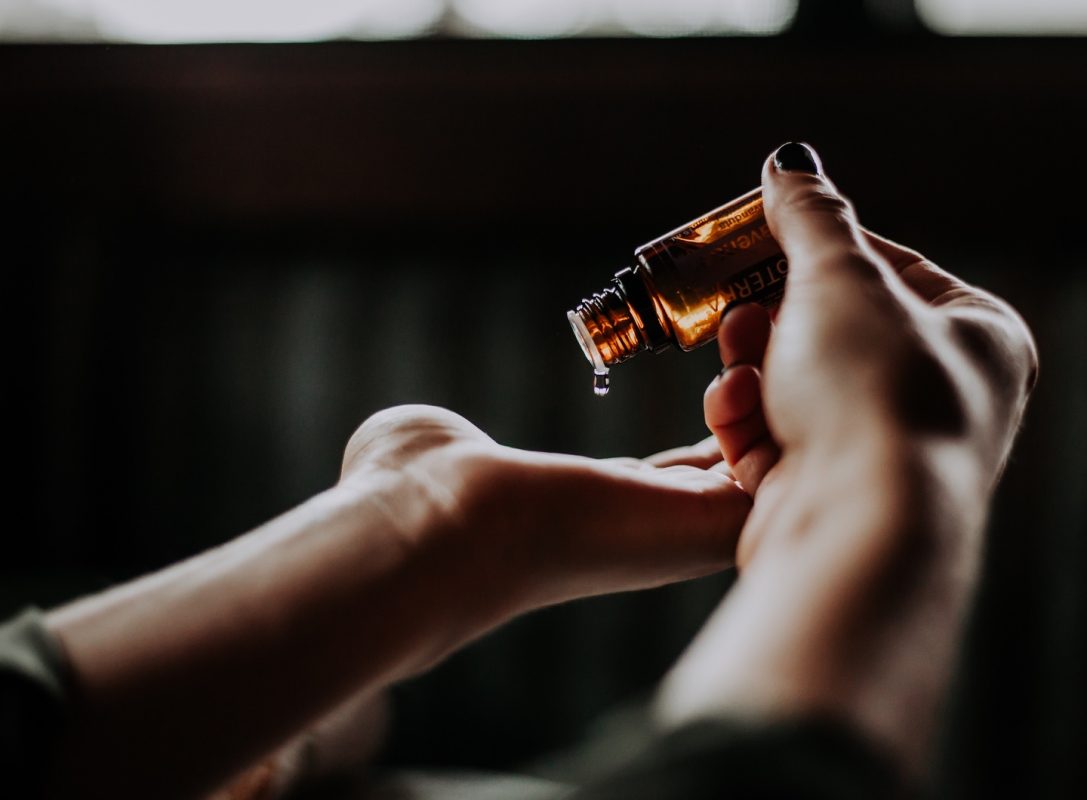Articles
What Is Trending: Moringa Oil Skin Care?
Introduction to Moringa Oil Skin Care
If you’ve never heard of Moringa Oil Skin Care, well, you’re about to. The ingredient, derived from a tree indigenous to India, is popping up in every corner of the natural beauty industry, with people putting it in creams, serums, shampoos, conditioners, and even makeup. Listening to natural beauty brands, you’ll hear that moringa is the next argan, that it’s a miracle in a bottle, that it will Marie Kondo your apartment and change your life.
OK, obviously we’re overstating, but beauty folks are freaking out about this ingredient — so we set out to learn why.
Moringa oil is an essential oil culled from Moringa Oleifera, which is a vegetable tree grown in Africa, Central and South America, the Indian subcontinent, and South East Asia. The tree itself is somewhat miraculous, with one modern researcher calling it “one of the most useful trees in the world,” not only because it’s drought resistant and can yield cooking and lighting oil, but its seeds can also help purify water. And while more studies are needed, it’s thought that the leaves of the Moringa Oleifera contains more calcium than milk, 3/4 the iron in spinach, and more vitamin A than carrots.
What does Moringa Oil contain?
The oil, as equal a multitasker as the tree from which it’s culled, has been used for centuries — like, all the way back to ancient Egyptian times — and for cooking, medicine, and cosmetics. And based on the impressive make-up of the oil, it’s easy to understand why both pharoahs and natural beauty brands can’t get enough of the stuff. “The oil from the seeds is 40 percent monounsaturated fatty acids, with 70 percent of that being oleic acid,” says Cybele Fishman, a board-certified dermatologist who practices integrative dermatology in New York City.
Moringa is also ideal because it’s similar to the oil your skin produces naturally, helping to balance and nourish all skin types. “Unlike other oils that sit on the surface of the skin and leave a greasy after-feel, moringa absorbs deep into the skin,” explains Emily Cunningham, co-founder and COO of Moringa Connect, a company that includes beauty brand True Moringa.
Experiments in Moringa
Dermatologists agree that moringa can be effective in skin care, however, but just how effective — and whether or it can actually penetrate as Cunningham says — is still unclear, due to lack of adequate research. “In truth, there haven’t been many direct studies of the effectiveness of moringa oil in topical products,” says Perry Romanowski, president of the Society of Cosmetic Chemists and co-founder of The Beauty Brains. “Most of the benefits are based on traditional use and small laboratory studies.” And of the studies done in a lab, many of them are looking at the benefits of moringa oil when consumed, not applied topically, and with rats as the subjects, not humans.
But that hasn’t stopped brands from jumping on the moringa bandwagon, and for many natural beauty enthusiasts to sing the oil’s praises (I mean, if it was good enough for pharaohs, then there’s gotta be something to it.) There are even skin-care lines created entirely around the ingredient, like True Moringa, whose Universal Cure Balm is well-loved for its moisturizing properties.
Trending Moringa Oil Skin Care
Erika Klemperer, a board-certified dermatologist in Santa Barbara, California, explains that “moringa oil is a powerhouse of oleic acid, making it a highly moisturizing oil and one that may benefit dry and sensitive skin.” She says that the elixir may also support the skin barrier, which is “vital for protecting us from external insults, such as pollution, and is also critical to sealing in hydration.”
We were particularly excited to see moringa pop up in a new body products recently, since it’s not just the skin on our faces that can use its moisturizing powers. Founder Kirsten Kjaer Weis says she chose to include this particular oil in the formula because it “awakens dull, tired-looking skin.”
Traditional Chinese Medicine practitioner and acupuncturist Annee de Mamiel, founder and formulator of British skin-care brand de Mamiel, uses moringa oil in the line’s Restorative Cleansing Balm to “soothe inflammation” and “balance acneic skin because of its antibacterial properties.”
But can moringa oil actually be used to soothe acneic skin types? Moringa extract has been shown to have good antimicrobial activity against numerous bacterial and fungal species.
How about makeup made using Moringa Oil?
And, although it’s most commonly seen in serums and oil blends, moringa oil is showing up in makeup, too. Moringa oil allows lip crayons to apply beautifully to the lips, while also allowing for economic development and advancement for our Moringa farmers. The strong antioxidant properties of moringa oil, as well as its high content of vitamin E, can be useful as a preservative to help extend the shelf-life of some skin-care products by preventing oxidation of other oils. This can help preserve the function of the biologically active compounds naturally found in the oils.
The more scientists, doctors, and chemists learn about the moringa plant, the more uses we may find for it. While the oil used in most of these cosmetic products comes from the seeds of the moringa tree, the entire plant can be used as a source of nutrition and/or skin nourishment. The leaves have recently been shown to have an effect on the skin, and the powdered form of the leaves can now be found in topical creams and masks.
So, Moringa Oil Skin Care?
So, move over argan? So long, coconut oil? Maybe! Or maybe there’s room on our shelves for several superstar oils. After all, when it comes to antioxidants, vitamins, and nutrients in skin care, the more the merrier.
This article first appeared on Allure.
To order moringa oil online just whatsapp: +60178879149
NATPURITY HEALTH:
web: https://natpurity.com
fb: http://facebook.com/natpurity
ig: http://www.instagram.com/natpurity
ph: +60178879149


